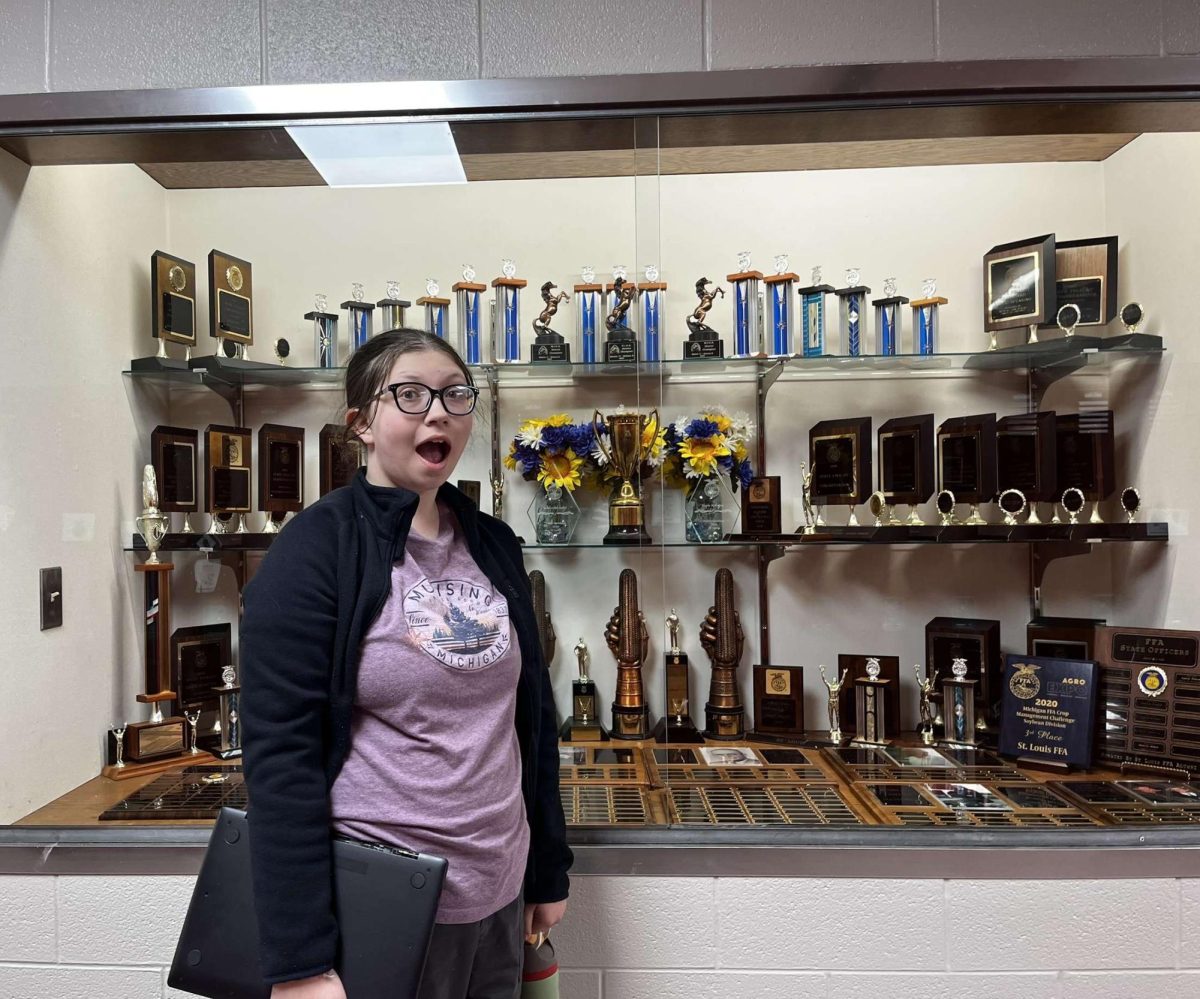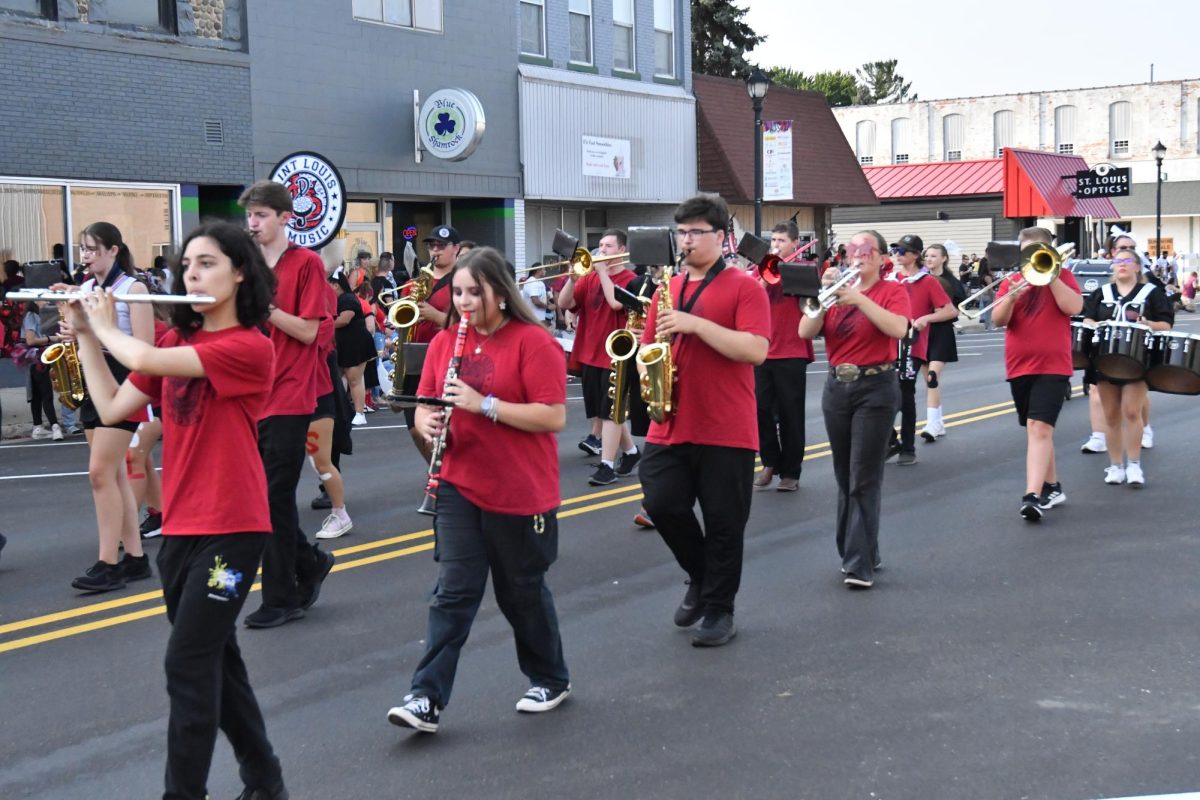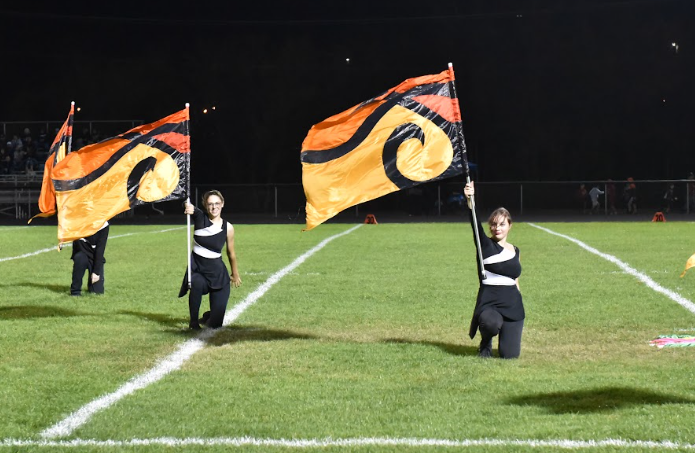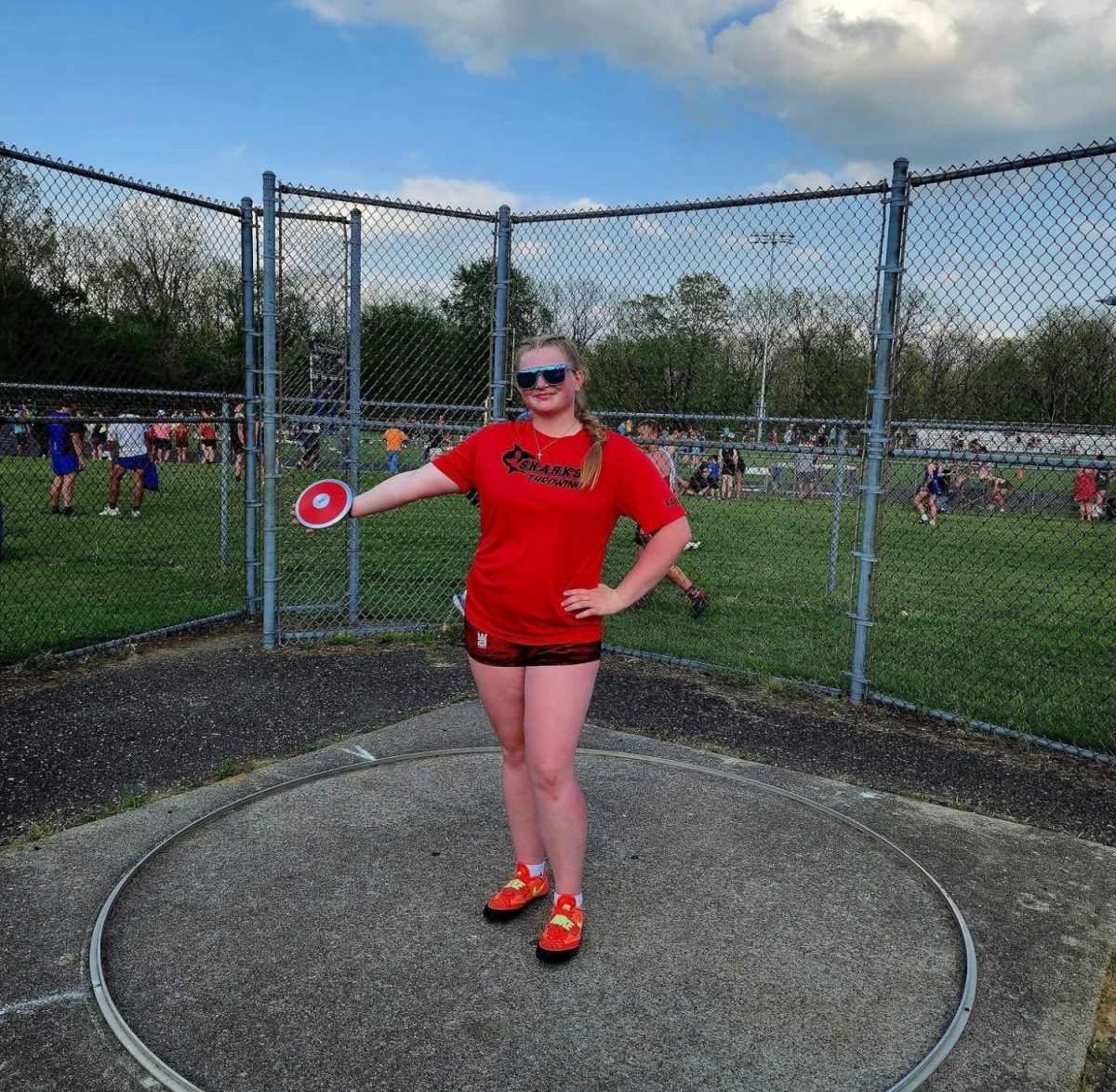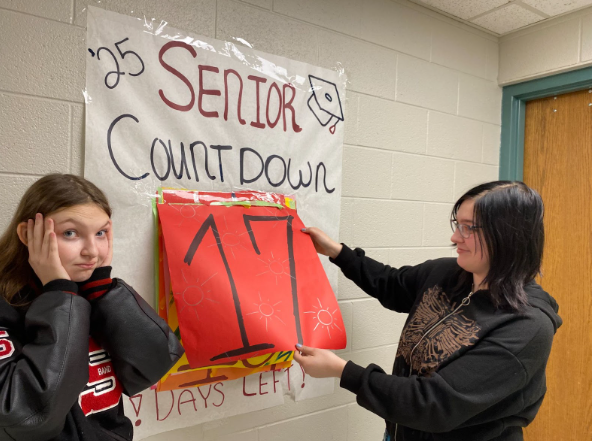Future Farmers of America is an organization meant to make a difference in students’ lives. Through agricultural education, members learn about premier leadership, personal growth, and career success.
At St. Louis High School, the FFA club participates in farming, gardening, and many other agricultural activities. Agriculture teacher and FFA Advisor Mrs. DeGroft stated, “My experience running the St. Louis FFA chapter for the last two years has been lots of learning experiences and opportunities but also has been lots of fun. I was very involved in FFA in high school, so I was super excited. I accepted the position and continue to instill excitement and provide lots of fun hands-on opportunities for students by getting them involved; in the FFA activities, in Ag Classes, our brand new greenhouse, and eventual barn at Camp Monroe. All of these are inspiring opportunities for students and their learning opportunities and experiences beyond the classroom!”
Founded by a young group of farmers in 1928, FFA was started to prepare the future generation to feed a growing population and the challenges that come with that. It teaches that agriculture isn’t just harvesting or planting crops but also a science, business, and art.
DeGroft further added, “Most recently, I have referred to our FFA meetings and FFA group as “Controlled Chaos” lol but it is all good things and totally worth it!! Our meetings entail all FFA officers and members being present. The secretary takes role and writes notes each meeting. Members discuss current events, upcoming practices or competitions as well as our broiler project currently, recent travel to the National Convention in Indianapolis, and lots of other things!! Students must sign into each meeting as well as have documented notes because we upload them into what is called the AET which is an agriculture experience tracker program. This helps students learn proper documentation skills as well as track their participation hours in the FFA which awards them with a variety of recognitions at our annual banquet including certificates, medals and trophies. Permanent plaques to add to our FFA showcases along with LOTS of scholarship opportunities, based on their time, commitment and involvement in the FFA.”
Senior Rebekah Ross shared, “I definitely believe FFA prepares me for after high school. It prepares students for leadership roles and things like public speaking. I’m excited to use it for my future career. I’m hoping to be an FFA advisor and an agriculture teacher.”
DeGroft then shared how, “It is always difficult for me as the advisor to answer in a short format what the FFA is and the personal benefits students have from even taking one Ag class all the way to being an active FFA member. If I try my best to summarize; of course, there are lots of personal benefits for student participants in AG class and the FFA both educationally and in life skills! For education, we do learning through a program called iCEV. The iCEV program benefits students by providing them with a comprehensive, interactive online curriculum aligned with industry standards, enabling them to earn certifications, gain practical skills through multimedia lessons, and explore career pathways with real-world applications, ultimately increasing their employability and preparedness for the workforce. Just to highlight a few of our certs, we do animal science, ducks unlimited, and fundamentals of conservation- there are loads of others!”
Lastly, DeGroft mentioned that, “Other personal benefits that students enjoy the most are all of the great, hands-on activities and the “ non-typical” classroom settings we are getting to do, especially now that we’ll have a new greenhouse built and an eventual barn where we can house animals! The Plants and animals do coincide with FFA contests and competitions that students can participate in, but at the end of the day, my hope as the St. Louis FFA teacher and advisor is that students get to experience personal, hands-on activities that they wouldn’t get in any other classroom, and of course, understand and promote the importance of agriculture.”


